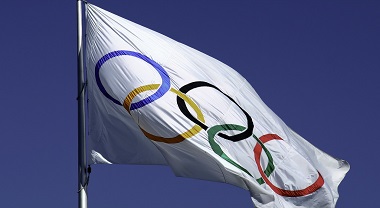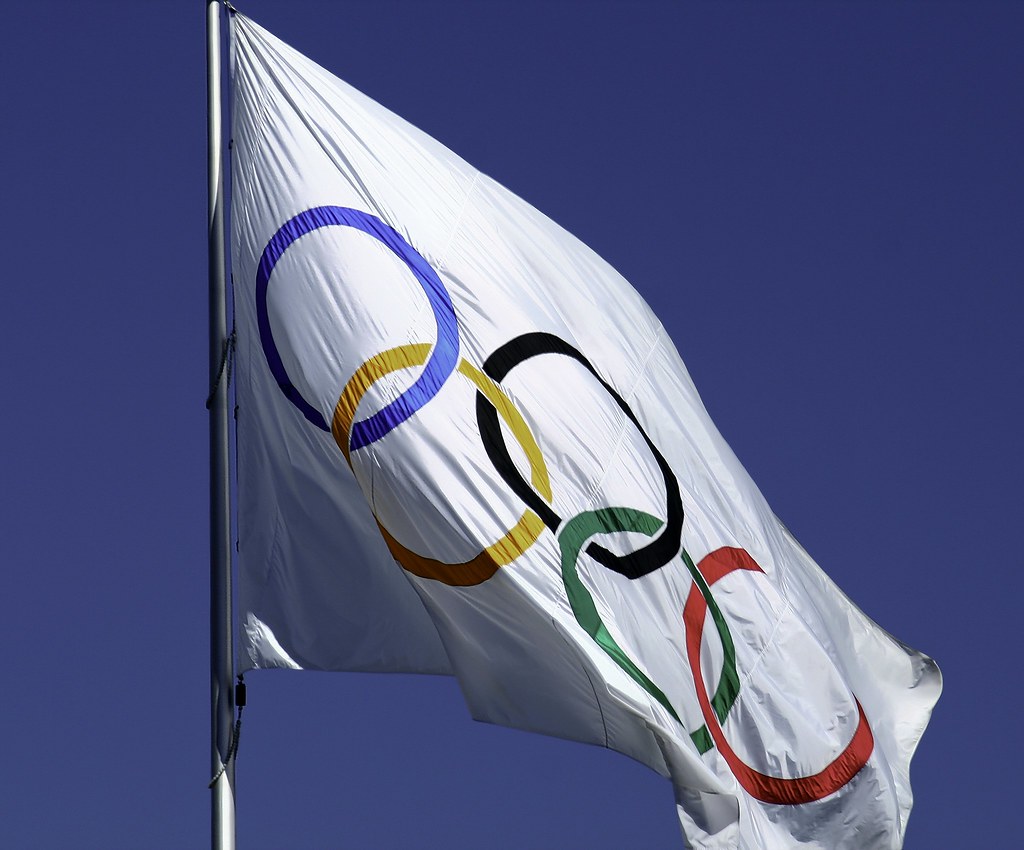Relevance of Intellectual Property in the Olympic Games
The Olympics is undoubtedly one of the most significant international sports festivals in the world. Its origin can be traced back to 776 B.C, in Greece, where the first Olympic games were conducted. The Olympics was revived in 1896, and ever since then, it has been staged every four years. Today’s Olympic games stage a myriad of sports events wherein the best athletic talents worldwide participate and compete. Pierre Coubertin, a French educator, and historian are accredited for establishing the International Olympic Committee (IOC) in 1896. The IOC, a non-governmental sports organization, extensively promotes Olympism worldwide and facilitates the Olympic movement by distributing over 90 percent of their revenues for the advancement of sports and athletics at all levels. Every year, an exorbitant sum of money is invested in conducting the Olympic games. Heavy investments are made in constructing world-class venues for various sports, hosting top athletes from different countries, hospitality, and other non-sports-related expenses. However, it is unknown to many that a significant amount of money and laws are in place to protect various Intellectual Property assets related to the Olympic games. Trademarks, industrial designs, and domain names are examples of IPs interrelated to multiple aspects of the Olympic games.
[Image Source: Flickr]
The Olympic ring symbol, for one, is protected by the Nairobi Treaty. According to the Treaty, all the signatories are obliged to safeguard the Olympic symbol from unauthorized commercial purposes. This implies that the Treaty prevents the usage of the Olympic symbol on any goods, advertisements, or websites that are unaccredited by the IOC. Currently, the Treaty is open to State members of the WIPO, the United Nations, and the Paris Convention for the Protection of Industrial Property. It is pertinent to note that the Treaty does not facilitate the institution of any Union, budget, or governing body. Through the Nairobi Treaty, the signatories receive a part in revenue that the IOC gains from authorizing the signatory state to use the Olympic symbol. Apart from the Olympic symbol, various other elements pertaining to the Olympics are legally protected.
Lighting the Olympic flame is a popular tradition during the Olympic games. It is conducted to commemorate the ‘Prometheus gift’, an ancient Greek mythology wherein the flame is depicted as a symbol for life, freedom, rationalism, and inventiveness. During the Olympic games 1928, held in Amsterdam, the tradition to ignite the Olympic flame was reinstated. Soon after, the practice of relaying the Olympic torch was also introduced during the 1936 Olympic Games in Berlin. The symbolic torch is often transported through various countries with varying climatic conditions. Every year, engineers and designers attempt to innovate an Olympic torch that would burn through changing climatic conditions. During the 2018 Winter Olympic Games at Pyeongchang, South Korean designer Young Se Kim created an Olympic torch that would burn in all weather conditions. The torch consisted of an air tunnel that provided more oxygen to the flame during heavy wind conditions. Additionally, he inserted a pentagon-shaped hole in the bottom of the torch that would drain water so that the flame would continue to burn during rainy conditions as well. This Olympic torch was protected as an industrial design. Apart from the Olympic torch, IP enforcement procedures also commence from the process of selecting a host city. Host cities register their trademarks before conducting country-level Olympic trials. It is speculated that the trademarks for the Beijing 2022, Paris 2024, and Los Angeles 2028 Olympics have already been registered. Moreover, the host cities also register the domain names pertaining to the Olympic games so that any chances of cybersquatting are avoided. For example, The Olympic Winter games 2026 has secured the domain name: www.stockholm-are2026.com. Moreover, with the help of WIPO’s Madrid System, the IOC has registered the words “Olympic”, “Olympic Games”, and “Olympiad”. This ensures that no other entity misuses the terms related to the Olympic games to derive profits from it. Olympic mascots have been an integral part of the Games since 1968. Olympic mascots are created to highlight each Olympic game’s values and give the games a festive atmosphere. The marketing partners for the Olympic games are granted exclusive rights to use the mascots as well as the slogans related to them for marketing purposes.
Although various elements related to the Olympic games such as the mascot, domain names, slogans, and names are protected, the Olympic games also pose significant IP-related challenges every year. Ambush marketing is one such menace that the IOC faces every year when it comes to IP enforcement in the Olympic games. In a broad sense, ambush marketing can be defined as a scenario wherein a sponsor, unaccredited by the IOC, attempt to market themselves as an official sponsor. Upon doing this, the non-Olympic sponsor may incentivize the popularity and reputation of the Olympic games. In the past, several instances of ambush marketing were reported. During the 1992 French Winter Olympics, MasterCard telecasted several advertisements which attempted to imply that they were linked to the upcoming Summer Games in Barcelona. Similarly, during the 2012 London Olympics, Nike launched a series of advertisements that attempted to establish a link between Nike and the Olympic games that year, even though Nike wasn’t an official sponsor. In order to curb the unauthorized use of IP related to the Olympic games, Brazil enacted legislation called the Olympic Act (Law 12,035/2009) during the 2016 Rio Olympics. Furthermore, the Nairobi Treaty, as discussed earlier, also attempts to prevent the usage of the Olympic symbol by unauthorized sponsors. Trademark infringement is another issue that plagues the Olympic games every year. Time and again, several businesses and individuals were held for using legally protected terms related to the Olympics, thus leading to trademark infringement. For instance, a trademark opposition lawsuit was filed against a bakery for using the words “Olympic Kids” on their products. Although several commercial entities attempt to capitalize out of the Olympics’ goodwill and reputation, the IOC has taken adequate measures to curb the same. The Olympic games aren’t just a mere sports event. Every year, the viewers look for novelty in the festival, making it a commercially viable event. With innovation and creativity taking the centre stage during the Olympic games, it can be anticipated that stringent IP law would be in place to avoid menaces such as trademark infringement or ambush marketing, in the near future.
Author: Sanjana, a BBA LLB student of Symbiosis Law School (Hyderabad), in case of any queries please contact/write back IP And Legal Filings us at support@ipandlegalfilings.com.




